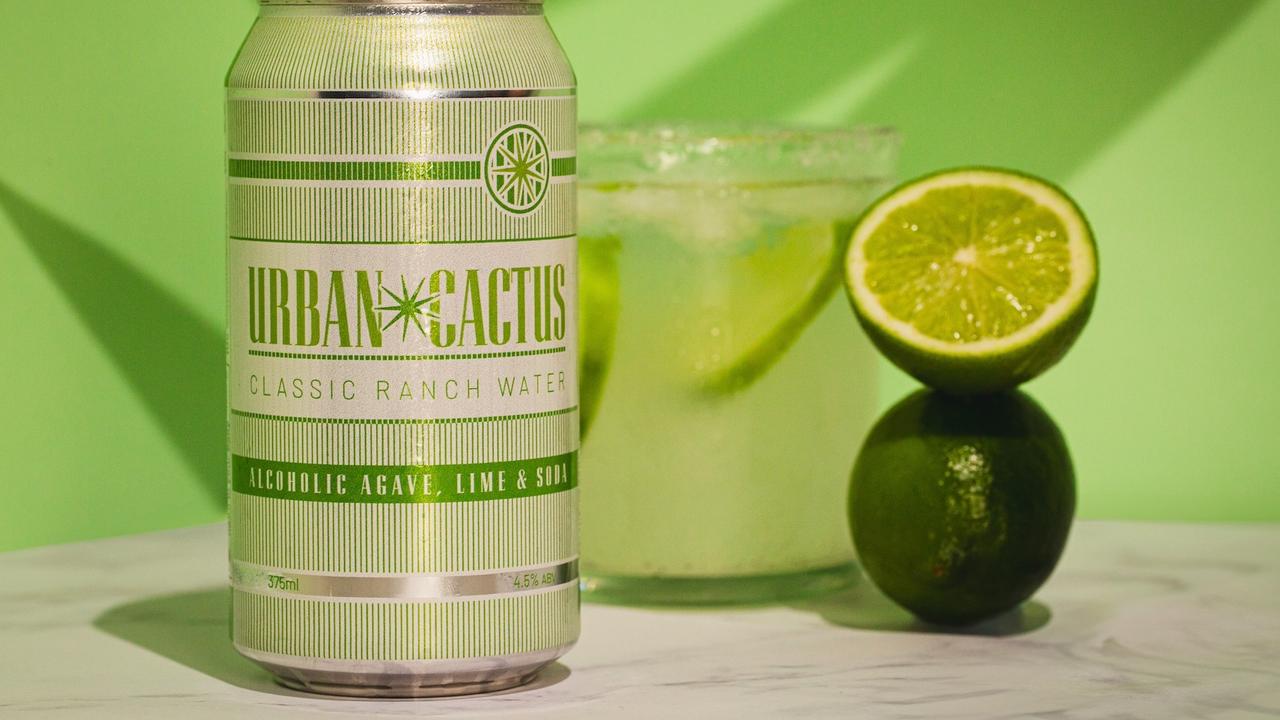Rory Gibson: Deserted Bali like being transported back to the 1970s
Covid completely decimated Bali’s once-booming tourism industry, with Australia’s favourite overseas playground now a ghost island. But that isn’t necessarily a bad thing, writes Rory Gibson.
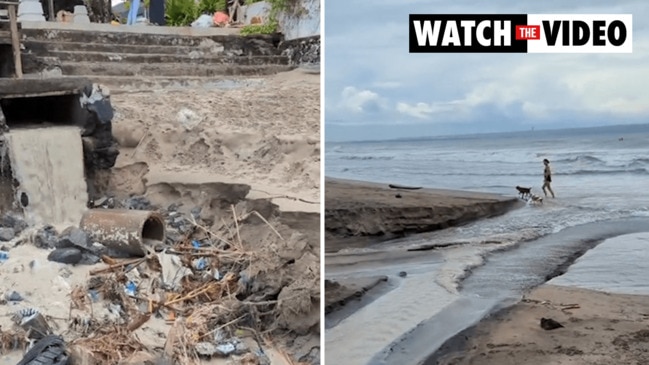
Lifestyle
Don't miss out on the headlines from Lifestyle. Followed categories will be added to My News.
If you were in Bali this weekend you wouldn’t believe your eyes.
By its normally heaving standards, the place is deserted.
Covid has run its sword through the tourism industry and turned Australia’s favourite overseas playground into a ghost island.
If you’ve been to Bali before you would be amazed at how little traffic there is, how cheap everything is, and how few tourists there are.
It’s like being transported back to the 1970s.
But if you haven’t been to Bali before - put off by tales of rampant development, rubbish-strewn beaches and armies of bogans behaving badly abroad - this is your moment.
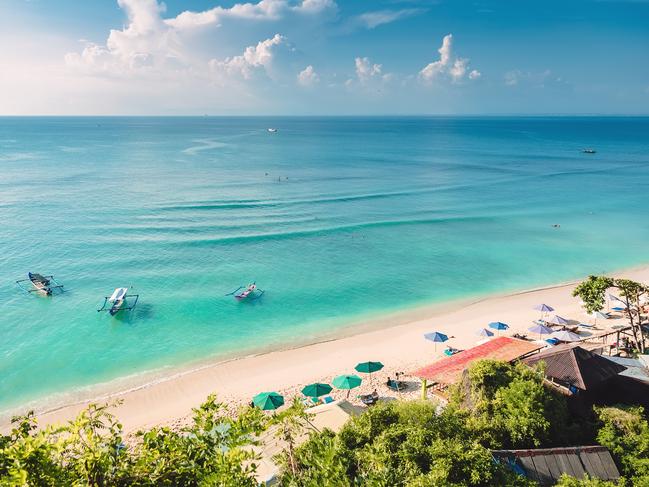
One of the reasons Bali has always attracted Aussies is the bang you get for your buck. Accommodation, food and drinks have always cost way less than a comparable Australian beach holiday. Well if it was cheap before, right now it’s about half that again.
Like everywhere in the world, Covid has left deep scars. Tourism is Bali’s economic mainstay and, as you would expect, when the world’s planes were grounded this island paradise did it tough.
Businesses that had thrived for decades have disappeared. Thousands of jobs disappeared overnight.
The Balinese aren’t fortunate enough to live in a country that can afford JobKeeper payments, so most displaced workers had to return to village life and learn how to grow rice again.
But more on that later.
We arrived on Tuesday night at Denpasar’s international airport, expecting tedious hours of processing.
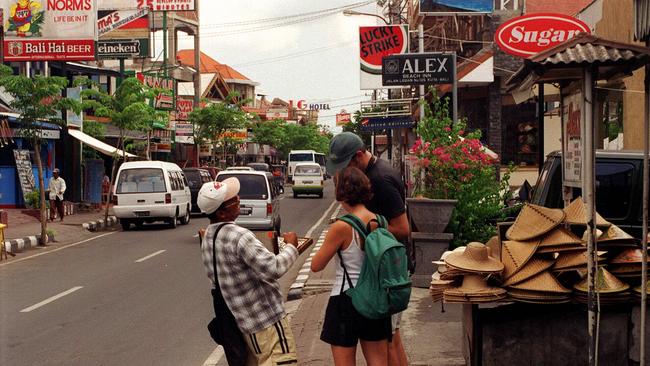
There was hardly any. No PCR test. The whole process took about 20 minutes. We had to wait longer for the baggage to turn up in the arrivals hall. It couldn’t be more efficient.
But that was because there was only one plane. Who knows how long the wait will be when flight frequency returns to normal, which it surely will in the coming months.
Reason No. 1 to go now.
The next shock was the traffic. There was none.
Normally the streets around the airport and the greater Kuta area are packed long into the night. It can be slow going getting anywhere.
But the run up to Ubud was as quiet as the roads in Australia on Christmas morning.
Having spent the past few days hooning around on a scooter without even one near-death experience, we can confirm that the traffic is indeed sparse.
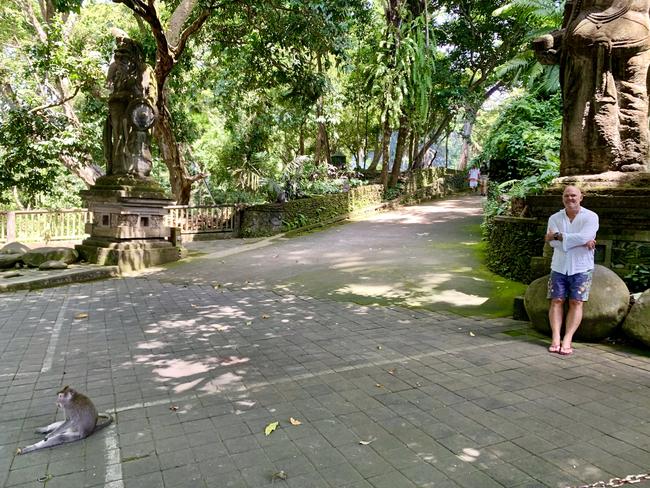
Reason No. 2 to go now.
The hotel we are staying at in Ubud is in a prime location and costs about $50 a night. Last time we were in Bali we wouldn’t have considered staying here because it was expensive by Balinese standards at almost twice that much.
The hotels and villas that are open all over the island are desperate for business, and are charging a fraction of what they used to.
Reason No.3 to go now.
Holiday-makers Wayne and Angela Hall, from Victoria, agreed. They have visited Bali more than 50 times over the past 40 years, and ventured back last week.
Angela admits she was anxious about the paperwork requirements but has been surprised by the benefits of holidaying right now.
“All our friends were wondering if it was safe,” she said. “We got the visa easily on arrival, the people couldn’t be more welcoming and there’s hardly any traffic.
“Yesterday we drove from Ubud to Denpasar in an hour which is unheard of, and we’ve just had lunch at the best table in Lotus Cafe which normally you’d have to book three days in advance.”
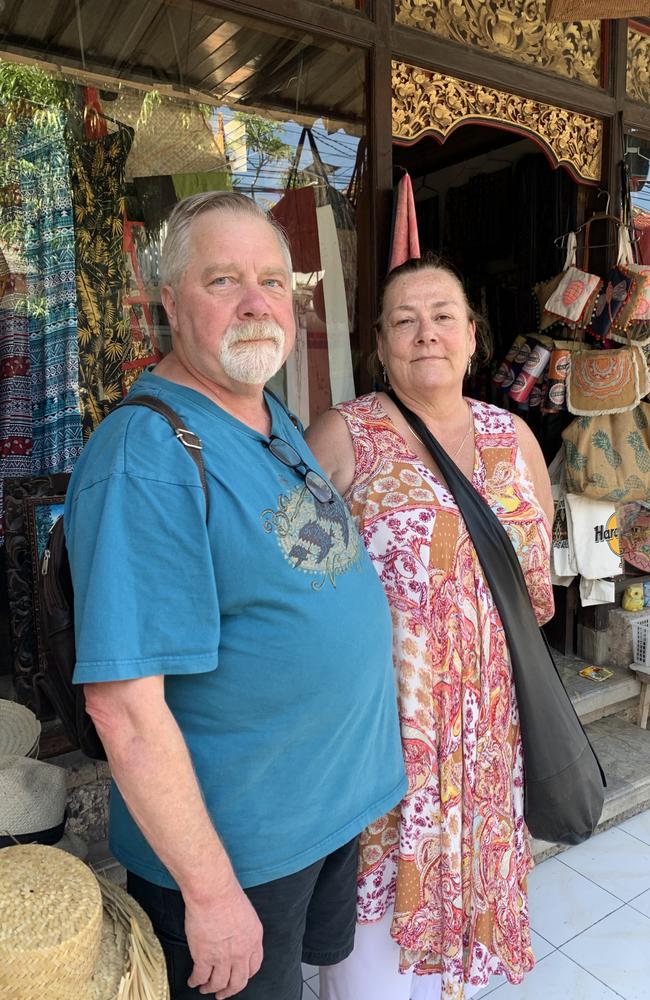
Today (Sunday) we head down to Canggu, an expat enclave on the coast that is to Kuta what Bangalow is to Byron Bay.
One of those expats is Brisbane entrepreneur Dom Brett, who owns a portfolio of restaurants and bars that help make Canggu one of Bali’s coolest places to hang out.
Brett has weathered the Covid carnage in much the same way many restaurants did in Australia - by doing whatever it takes to survive.
But she is one of the fortunate ones. “Kuta and Legian are essentially decimated,” she said. “The bounce-back there will probably take a couple more years.”
Her flagship restaurant, Mason, resorted to home deliveries and opened when it could. She turned another eatery, Fishbone Local, into a sports bar. She is proud she managed to keep most of her local staff working.
“Lots of Australians who own businesses here haven’t just prioritised their own needs and abandoned the Balinese,” she said.
“They’ve kept their businesses going out of their own wallets.
“Unemployment rates are insanely high with the big hotels and beach clubs closing.”
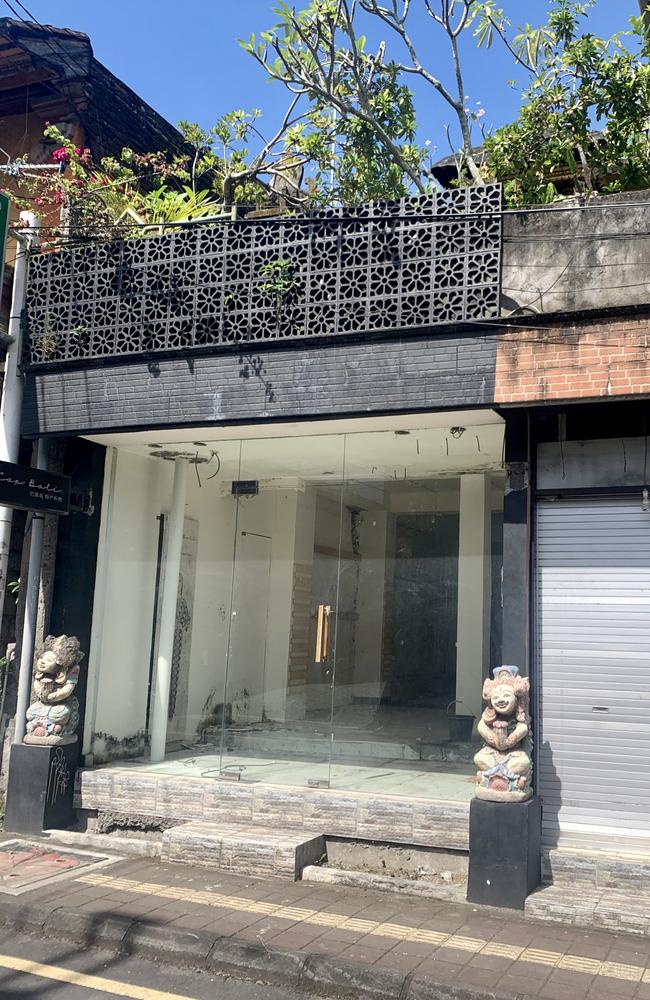
She said it was admirable seeing the Australians looking after their people.
“It would have been lovely from a selfish perspective to shut up shop and have a rest for two years, but it wasn’t the right thing to do,” she said.
“You can’t go into a country like Bali and take all the positives and advantages as an operator and then abandon the people who helped create those opportunities when they need you the most.”
Brett says that even though the Aussies stopped coming, a steady trickle of Europeans escaping lockdowns helped keep many businesses ticking over.
That trickle is turning into a torrent, and it is changing Bali. Russians in particular have taken a shine to the place and if you think Aussies can be boisterous when they are on the sauce, wait till you see a bar full of Russians letting their hair down.
Reason No.4 to go now.
Although Covid was a rude shock for the Balinese who had come to rely on the rivers of gold tourism delivered to them for more than 40 years, it also has given them an opportunity to refresh and in some cases revive their unique culture.


Our driver to Ubud, Made Astawa, is also the headman at his village, Pesalakan.
It is home to 185 families, most of whom relied on tourism for income.
“People turned back to farming to keep their families alive,” he said.
“Young kids were taught to grow rice and the women, no longer working in hotels and tourism, revived ancient crafts.”
A village elder remembered she had a loom for making traditional fabrics. It hadn’t been used for 25 years, but she dusted it off and started teaching the other women how to use it, and now the village is making money selling those fabrics.
“Covid has been hard on the Balinese people but we are resilient and perhaps what will come from this is more conscious and authentic tourism,” said Astawa.
And that’s the best reason of all to go.

